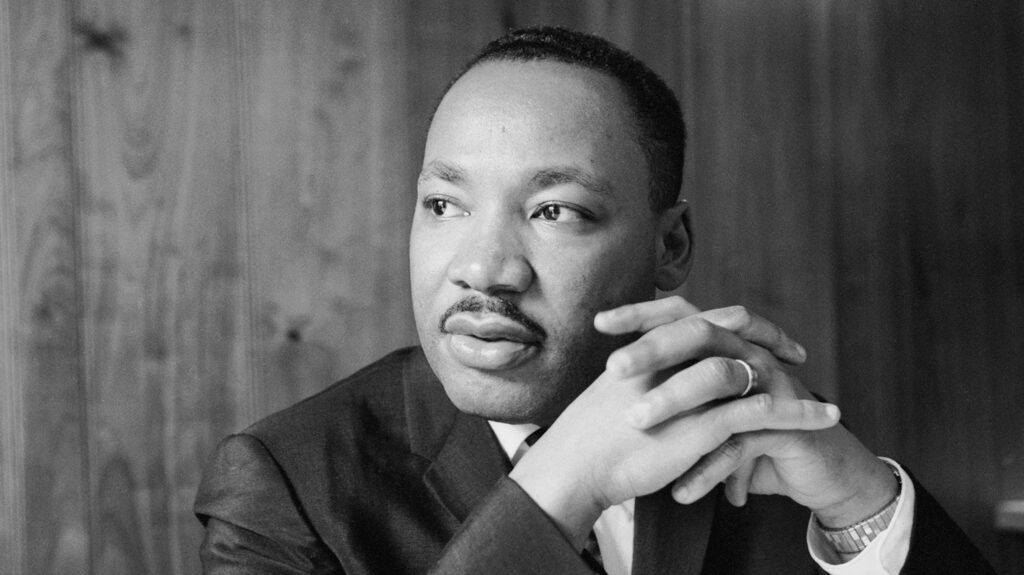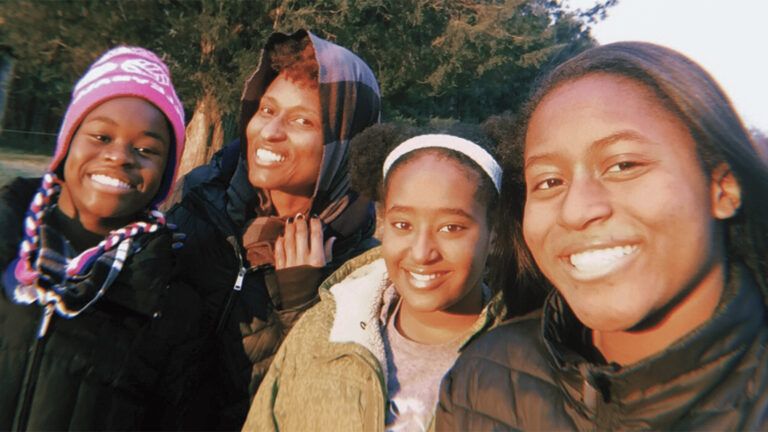In 1957, the Rev. Dr. Martin Luther King, Jr. wrote a monthly advice column in Ebony magazine. One reader wrote in with the question, “When I’m angry, I say things to those I love that hurt them terribly. How can I overcome my bad temper?”
King’s response echoes across the decades as a description of a healthy relationship with anger.
“The first step toward eliminating any moral weakness is a recognition of a weakness to be eliminated,” he wrote, “You should also seek to concentrate on the higher virtue of calmness. You expel a lower vice by concentrating on a higher virtue…. A destructive passion is harnessed by directing that same passion into constructive channels.”
Recognizing and naming anger as an emotional reaction, holding anger in contrast with the virtue of inner calm, and redirecting passionate feelings into constructive actions—these lessons resonate with modern relationships, as well as right responses to injustice.
Containing and channeling anger in a positive direction is neither easy nor automatic for any human being. As we celebrate King’s life and achievements on a Martin Luther King, Jr. Day that falls during tumultuous times, I am focused in particular on what he had to say about anger.
King’s defining principle of nonviolent action to confront racial injustice reflects his view of anger. Like any example of authentic positivity, King’s legacy includes the full range of human emotions, including anger.
In a 1955 address to the first mass meeting of the Montgomery Improvement Association, King sought not to erase the collective anger of those who were being mistreated and discriminated against, but to channel it into what he called “positive action…devoid of hate and resentment.”
“If you internalize anger, and you don’t find a channel, it can destroy you,” Bernice King, CEO of The King Center, an organization founded by her mother Coretta Scott King, said in a 2019 interview with NPR. She continued, “That’s why when Daddy reiterated, ‘Hate is too great a burden to bear,’ he knew it was corrosive and erosive.”
King’s leadership style was to channel his anger into words and actions that could change the unjust systems he was confronting. His ability to stand and speak with calm power in the face of injustice and violence—including when his own house was bombed—is part of his belief in what Clarence Jones, an attorney and speechwriter who worked for King, described as “redemptive love.”
“From Dr. King’s standpoint,” Jones told NPR, “anger is part of a process that includes anger, forgiveness, redemption and love.”
Reflecting on his own overly angry moments, King returned to his foundational principles of nonviolent action. He wrote in his autobiography about an angry exchange he had with white officials in Montgomery during the bus boycott: “‘You must not harbor anger,’ I admonished myself. ‘You must be willing to suffer the anger of the opponent, and yet not return anger. You must not become bitter. No matter how emotional your opponents are, you must be calm.'”






